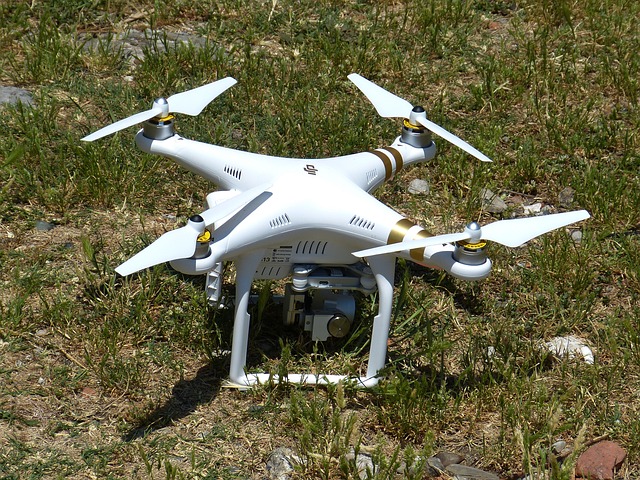Unmanned aerial vehicles (UAVs) have been popping up everywhere from neighborhoods to national parks. While they have proven themselves useful for many reasons; including military defense, scientific research, and recreation, they are a nuisance to wildlife.
According to Discovery News, scientists have discovered that bears “nearly have a heart attack” when drones are in their vicinity.
The study, published in the journal Current Biology, addresses the concerns of the use of drones around wildlife because they result in the increased heart rate of animals.
UAVs have enabled scientists and conservationists to “get up close and personal with nature,” reports The Washington Post. Drones have been used to collect data on humpback whales and ward of elephant and rhino poachers in Africa. Amateur operators have used the devices to collect photos and video of wildlife in their natural habitats.
As common as the drones are among researchers and enthusiasts, there has been little research on how wildlife reacts to the flying drones.
Mark Ditmer, a postdoctoral researcher in the University of Minnesota’s Department of Fisheries, Wildlife and Conservation Biology and lead author of the study, hopes his research will encourage further studies on the subject.
Ditmer’s research suggests that black bears become stressed out in the presence of drones. To conduct the study, Ditmer and his colleagues put GPS collars and cardiac “biologgers” – devices that collect heart rate data – on four bears in northwestern Minnesota.
They then flew a UAV over each bear, two mothers with cubs, one to nine times while observing the bears’ heart rates and reactions.
Every time the drone flew overhead one of the bears, its heart rate would spike, suggesting the animals were stressed by the presence of the UAV.
The bears, even though their hearts were racing, would stand still when a drone flew overhead. Ditmer believes this reaction shows the importance of conducting physiological tests on wildlife rather than just observing their behaviors when a drone is around.
“Just because we can’t directly observe an effect doesn’t mean it’s not there,” Ditmer said.
Just because we can’t directly observe an effect doesn’t mean it’s not there. Without the use of the biologger, we would have concluded that bears only occasionally respond to UAVs.
The bears used in the study live in areas heavily populated by humans, which makes them more likely to be accustomed to noise from nearby roads and homes. Ditmer suspects that bears in other locations would have a more pronounced stress level from the drones.
In other drone news, there’s a vampire bat drone that walks and flies like a real bat. Scientists call it DALER, short for Deployable Air-Land Exploration Robot.
























